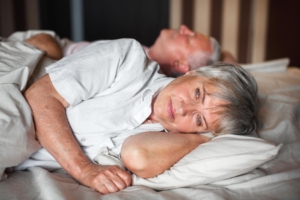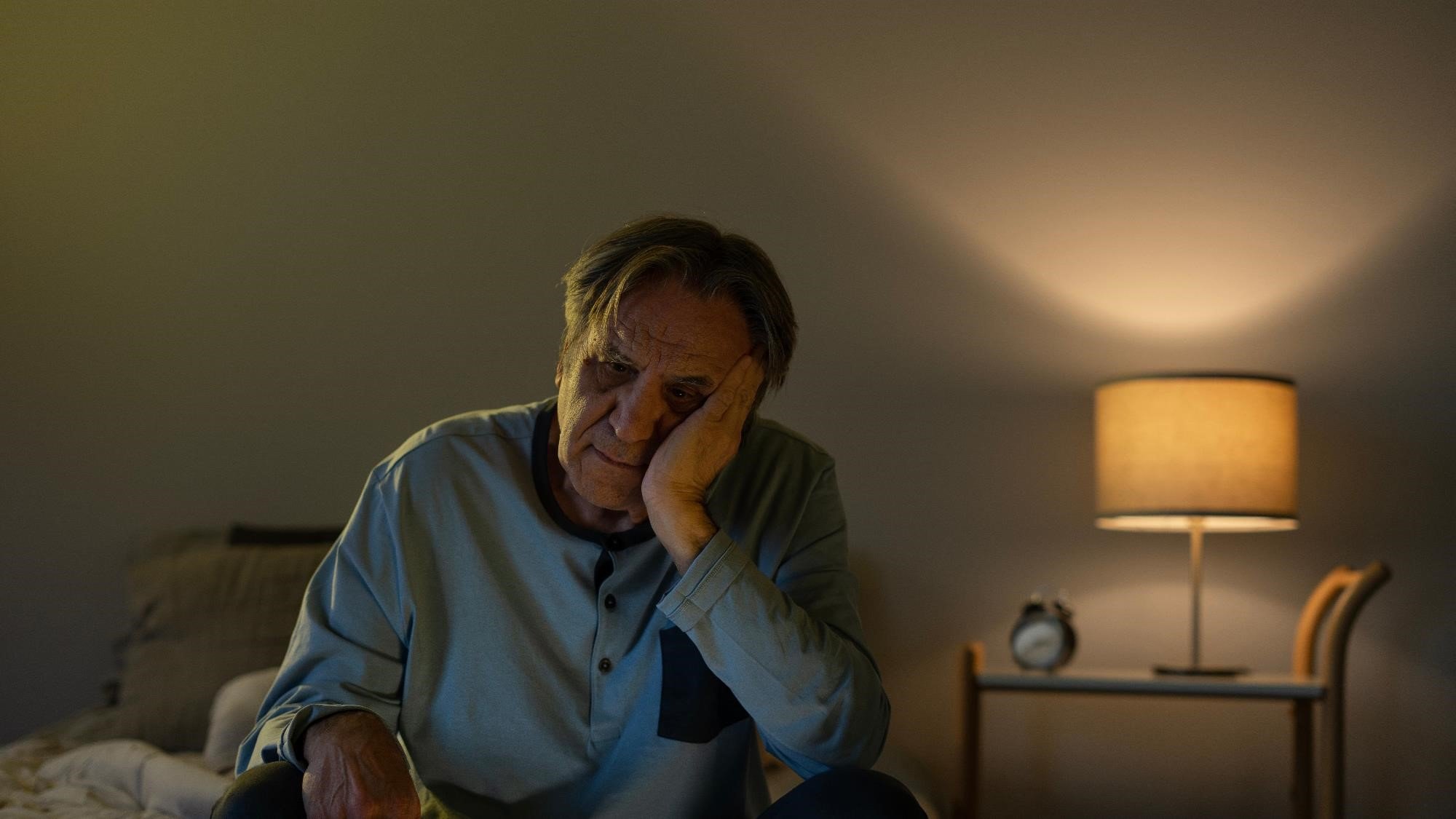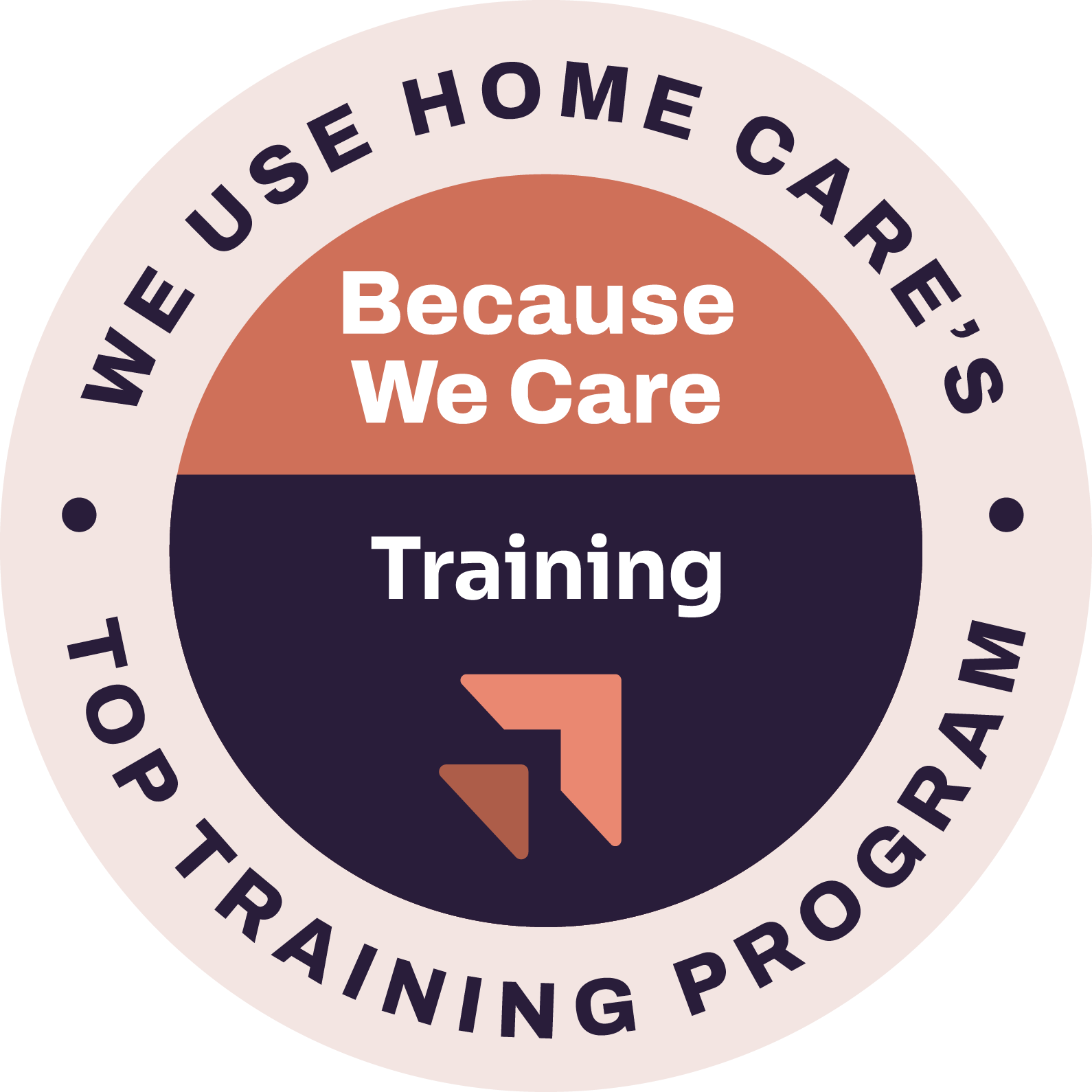Few things compare with waking up completely refreshed and rested. In fact, a good night’s sleep helps improve concentration and focus, strengthen new memories, and connect those new memories with older ones. And it’s not all in your head. Deep sleep boosts your energy, helps repair muscle injuries, rejuvenates your skin, and strengthens your immune system, helping prevent disease. But aging affects sleep. Common changes include feeling a bit sleepier earlier in the evening, waking up earlier in the morning, or not sleeping as deeply. Such changes are normal.
Problems getting to sleep aren’t a normal part of the aging process, however. The American Academy of Sleep Medicine reports 13% of men over 65 and 36% of women take more than 30 minutes to drift into dreamland. That’s an elite club of night owls who are fashionably late to the slumber party!
Tips for helping you get to sleep:
We’ve got some tips that’ll have you counting sheep in no time:
- Taking a warm bath or shower is like a tranquilizer for your senses. The drop in your body temperature can help you to feel tired and help you relax.
- Eating before bed sends your digestive system on a marathon, when it should be catching some Zs. It can also trigger nighttime heartburn.
- Watching TV before bed. It’s probably just a bad habit. Per the SleepFoundation.org, “Televisions and electronic devices emit the same blue light as the sun, disrupting our natural circadian rhythms.” Reading or listening to music are more effective ways to wind down.
- Aerobic exercise. Bust a move during the day and your body will thank you at bedtime. Tiring your body out is a proven way to get to sleep faster.
- Park your worries by the bedside. Have a notepad and pen by your bedside. When a pesky concern arises, give yourself permission to jot it down and deal with it tomorrow.
Problems with wakefulness and getting back to sleep are even more common complaints among the elderly, according to a study published by the National Institutes of Health. Causes can be psychiatric (e.g. worry, depression) or physical (e.g. joint pain, restless leg syndrome). More common, however, are these aging-related sleep realities:
- As you age your body produces lower levels of growth hormone, which lessens experiencing deep, refreshing sleep.
- When this happens you produce and secrete less melatonin, the hormone that promotes sleep, according to org. So it’s no surprise that your sleep gets interrupted by even the tiniest of disturbances.
- Older people wake up an average of 3 to 4 times each night because they spend less time in deep sleep.
Tips for getting back to sleep.
- Craft your meals with care. Sugary diets and those high in saturated fat are associated with “lighter, less restorative sleep with more arousals.”
- Curb the caffeine. Not only does it make it harder to get to sleep if consumed within 3 hours of bedtime, daytime caffeine contributes to sleep interruptions by reducing melatonin production that night.
- Nicotine disrupts sleep – it’s a stimulant too, and it’s out to sabotage your dreamscape.!
- .. Many of us become more sensitive to noise as we age, waking up to household noises, dogs barking or the birds’ early morning chorus. Using a white noise app on your phone or ear plugs can help eliminate noise disruptions.
- After waking, if sleep evades you for more than 20 minutes, get out of bed and swap the tossing and turning for some light reading or soul-soothing music.
- Move bedroom clocks out of easy view – watching the minutes tick by means calculating how much sleep you’re missing, making it even harder to fall back asleep.
As the years go by, our relationship with sleep inevitably evolves. How aging affects your sleep may differ, yet everyone can benefit from understanding the natural shifts and proactively taking steps to ensure restful nights. Remember, aging-related sleep changes can often be managed with simple adjustments to your routine and environment. Armed with these tricks, you’re on your way to dreamland utopia. Sleep tight!






